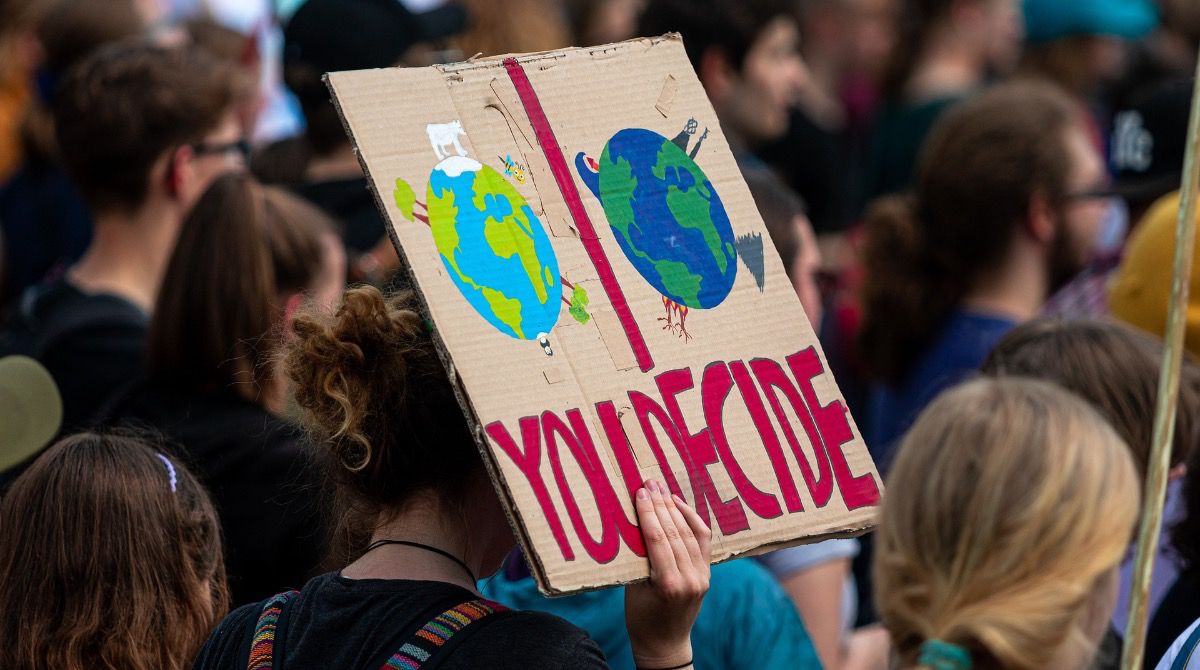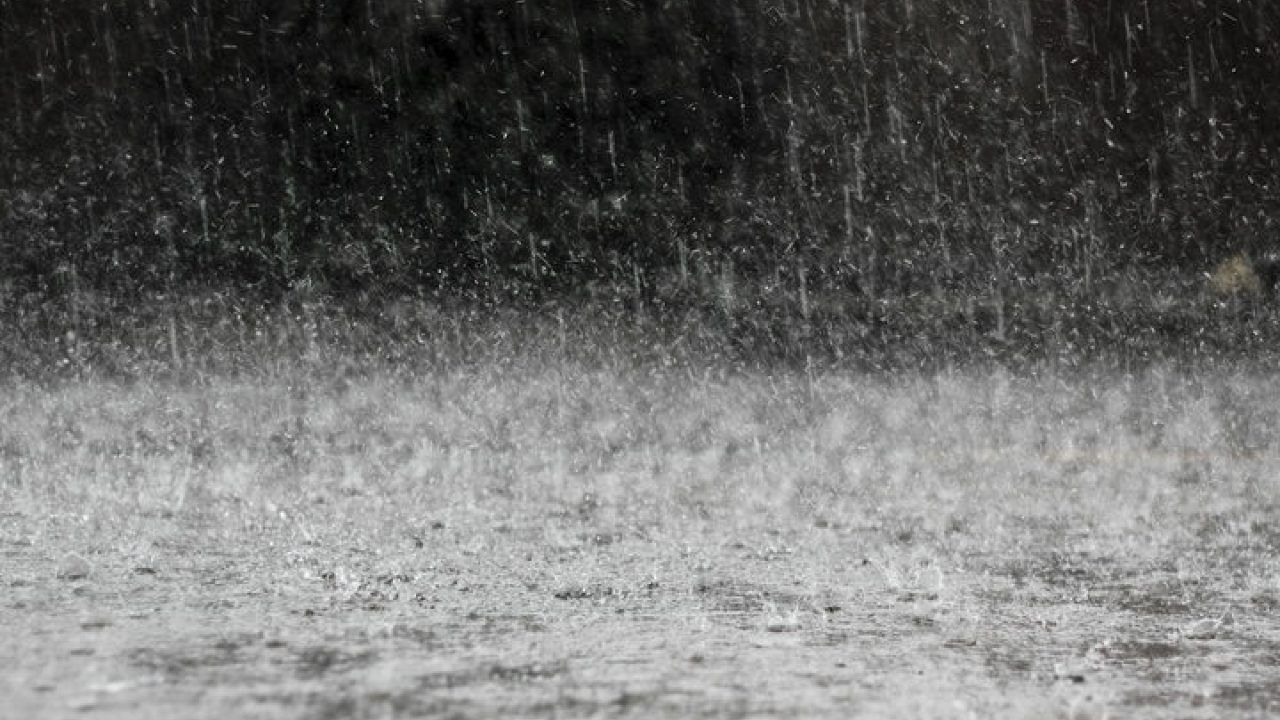RENSSELAER COUNTY, N.Y. -- County clerk Frank Merola has been in office for about 20 years, and one of the major responsibilities of his office has been doling out pistol permits to Rensselaer County applicants. In two decades, he has administered thousands.
"They're organized by Social Security number," Merola said last week, giving us a tour of the county's expansive pistol permit records.
Thousands upon thousands of manila folders sit on dozens of shelves. Merola estimates more than 18,000 pistol permit holders have information stored in his clerk's office basement, and at least 10,000 are still alive and active. But as of September, only about 1,550 had adhered to a key provision of the controversial NY SAFE Act gun law.
"We've only had a small number of people that have actually re-certified to this point," Merola explained. "And you've got to get it done by January 31."
The SAFE Act contains a special provision for pistol permits, which garnered little attention when it was passed on a so-called "message of necessity" by the New York State legislature in January 2013. The law requires every pistol permit holder who registered in the decades before Jan. 15, 2013, to re-certify their permit with the New York State Police every five years. In 2017, the State Police set up a simple online tool where the corresponding permit holders can log in using personal information, certify that their information is correct and receive the required five-year extension.
The State Police were tasked with carrying out the process and notifying gun owners of the need to re-certify. To fulfill the task, the agency sent out more than 372,388 notification letters to the registered handgun owners of Upstate New York in January 2017. According to an agency spokesman, only 298 letters were returned. The rest were presumed to have been received, although county clerks from the 10 Capital Region counties variously told Spectrum News that dozens or hundreds of their constituents had not received such letters.
To further meet the notification requirement, State Police have sent periodic news releases to the various private-owned news agencies across Upstate New York. In addition, the agency reported to Spectrum News that it uses social media to promote the re-certification effort -- although we could only locate two Twitter postings from recent days, and no Facebook or Instagram posts from the State Police in furtherance of the efforts.
"They say that they've notified people, and that's gonna be enough to get them in here," Merola said. "But I don't think it's happening. Not at all."
The numbers back up Merola's suspicions thus far. Five Capital Region county clerks supplied Spectrum News with both their total number of pistol permit holders, and the amount who have re-certified their pistol permits thus far. Even accounting for the number of permit holders who have likely died or moved away, the re-certification numbers still appear below 20 percent.
As of Tuesday morning, the State Police reported that 185,600 permit holders had re-certified. That represents about half of the permit holders who received the January 2017 letter about the process.
That's alarming not only in number, but in potential consequence: the SAFE Act states that anyone who does not re-certify by the January 31, 2018 deadline will have their pistol permit revoked, with no built-in grace period. Those who do not receive a notification letter are still required to re-certify. And to own a handgun without a valid permit is illegal.
"An automatic removal of any pistols or long rifles from an individual, if their permit is revoked," Merola warned last week. "Confiscation — that's a word that we don't like to use, but that's what it could be."
And that is not just Merola's opinion: even New York's Supreme Court judges are unsure how to punish the failure to re-certify. Their state agency, the Office of Court Administration, sent a statement which said, in part: "We have an internal committee studying the issues raised by the law, and how it might impact court operations."
Asked about confiscation, a New York State Police spokesman replied by email: "State Police enforce all criminal laws, including those related to firearm possession."
That does not mean that local law enforcement feels the same way about the SAFE Act, though.
"We don't have enough people, we don't have enough time, and I'm not gonna send people out to knock on doors," said Fulton County sheriff Richard Giardino, "especially when one-third of our county possesses pistol permits lawfully."
Giardino, himself a former judge and district attorney, has no plans to actively confiscate handguns, if he is asked by the state. He calls it "dangerous" for his deputies to carry out such an order, and claims that most Upstate sheriffs share his view.
Furthermore, Giardino expects the state to install a "grace period" for the inevitable gun owners who fail to re-certify.
"I think the step they'll probably take is to send a letter, saying, 'You're not in compliance. Please comply within 'X' amount of days,' " Giardino predicted. "That would seem to be the reasonable step."
But when asked about enforcement after the January 31 deadline, the New York State Police did not appear to agree. Another e-mailed statement noted that "any pistol license...not re-certified before expiration of such deadline, is to be deemed revoked."
If there were to be a "grace period" where uncertified permit holders get the chance to re-certify, county clerks say the state legislature would have to pass it and write it into law. But there are only 9 legislative session days scheduled in January 2018 before the deadline, and almost no laws are ever passed so early in the session.
The best way to avoid a problem? County clerks, sheriff's, state police, and even the New York State Rifle and Pistol Association all recommend that gun owners re-certify their pistol permits as soon as possible.
"I am deeply opposed to the SAFE Act," said Tom King, president of the Rifle and Pistol Association. "But the law is the law."
"The best place to fight this is in the courts, and in the voting booths."










